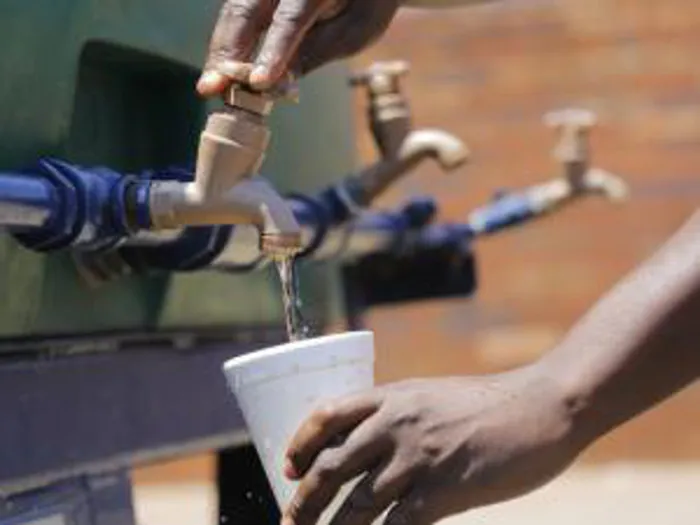‘Protect country’s water factories’

Melanie Gosling
Environment Writer
CIVIL society groups have called for a change in water management in the light of the current water crisis and for the authorities to protect the country’s “water factories” urgently.
They have said the “water shedding” in Gauteng, where some areas have had their water cut because there is not enough to meet demand – should be a wake up call for the authorities to ensure water is managed properly.
Bridget Corrigan of the Endangered Wildlife Trust said yesterday: “This is the first time we’ve had water shedding. Now more than ever people are getting a taste what it can be like.”
She said South Africa’s national water resource Strategy 2 set out the strategic action needed to manage water resources properly. One of the key issues was to protect the country’s “water factories” such as mountain catchment areas and aquifers, as these contributed significantly to the country’s water supply which in turn supported economic development. But this was not being properly implemented.
A key objection of the strategy was to maintain the national freshwater ecosystem priority areas, but many of these were under threat and some had been degraded, Corrigan said.
The Olifants River was polluted from opencast coal mining while the Waterberg complex, another high water yield area, had been earmarked as the next industrial development node, and water was being traded off for coal energy.
“In the Karoo, a highly water-scarce ecosystem, fracking may pose a serious risk by contaminating vast groundwater aquifers. The headwaters of the Mzimvubu River is facing the threat of fracking by a foreign consortium that is putting the water source and rural livelihoods at risk. The question is: Do we need to sacrifice our water factories in the name of unsustainable short-term economic development?” Corrigan asked.
Patrick Dowling of the Wildlife and Environment Society of SA said water shedding was a foretaste of what was to come with climate change. He called for government “to take greywater and black water (from sewage) and recycle it into the water system.”